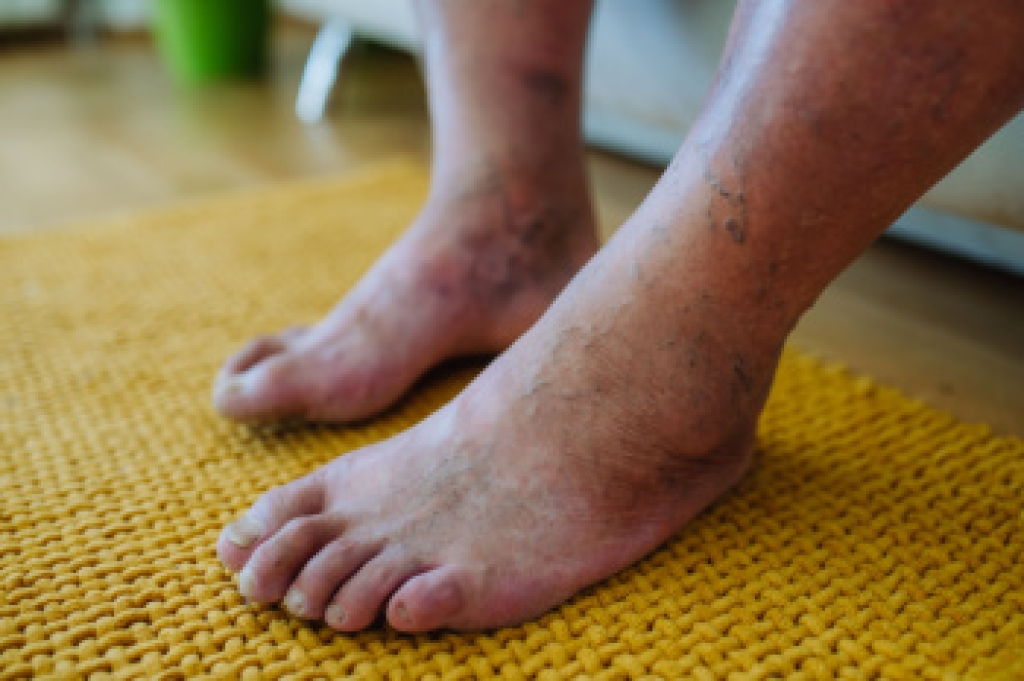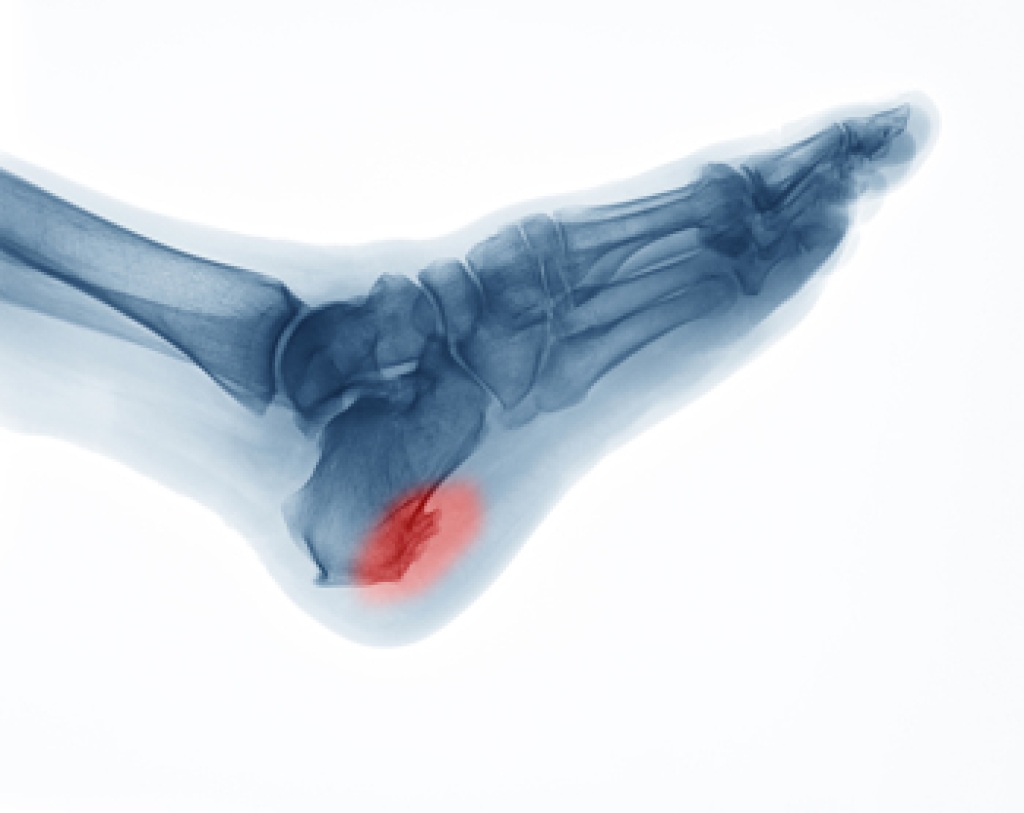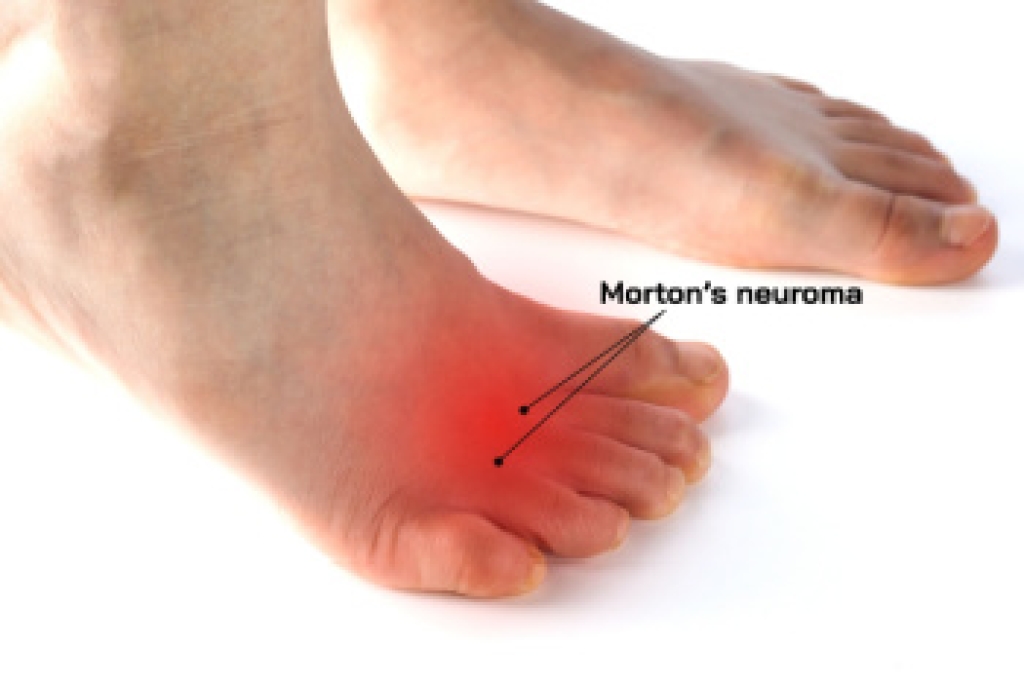
Diabetes can significantly impact foot health, primarily through a condition known as diabetic neuropathy. This occurs when high blood sugar levels damage the nerves in the feet, leading to symptoms like numbness, tingling, and pain. In severe cases, diabetic patients might experience a loss of sensation, making it difficult to detect injuries or infections. Additionally, poor circulation can slow down healing, which increases the risk of ulcers and infections. Proper management of blood sugar levels is key to preventing these complications. Regular foot inspections, wearing proper footwear, and daily foot care can help mitigate the effects. Treatment often involves managing diabetes effectively, controlling pain with medications, and in some cases, foot exercises. To ensure optimal foot health and address any concerns, it is suggested you schedule an appointment with a podiatrist for specialized care and preventive strategies tailored to your needs.
Diabetic foot care is important in preventing foot ailments such as ulcers. If you are suffering from diabetes or have any other concerns about your feet, contact one of our podiatrists from APEX Foot & Ankle Center. Our doctors can provide the care you need to keep you pain-free and on your feet.
Diabetic Foot Care
Diabetes affects millions of people every year. The condition can damage blood vessels in many parts of the body, especially the feet. Because of this, taking care of your feet is essential if you have diabetes, and having a podiatrist help monitor your foot health is highly recommended.
The Importance of Caring for Your Feet
- Routinely inspect your feet for bruises or sores.
- Wear socks that fit your feet comfortably.
- Wear comfortable shoes that provide adequate support.
Patients with diabetes should have their doctor monitor their blood levels, as blood sugar levels play such a huge role in diabetic care. Monitoring these levels on a regular basis is highly advised.
It is always best to inform your healthcare professional of any concerns you may have regarding your feet, especially for diabetic patients. Early treatment and routine foot examinations are keys to maintaining proper health, especially because severe complications can arise if proper treatment is not applied.
If you have any questions, please feel free to contact our offices located in Fort Myers, Shellpoint, and Naples, FL . We offer the newest diagnostic and treatment technologies for all your foot care needs.




